A to Z of WRITS REVISIONS & APPEALS (civil & criminal)
Original price was: ₹1,710.₹1,370Current price is: ₹1,370.
Description
Here is an A to Z style comprehensive guide on Writs, Revisions, and Appeals (Civil & Criminal) in India – ideal for students, practitioners, and researchers.
—
🅰️ to 🆉: Writs, Revisions & Appeals
(Civil and Criminal Law in India)
—
🅰️ – Appeals
➤ Definition:
A judicial examination by a higher court of the decision of a lower court.
➤ Civil Appeals (under CPC):
Section 96: First appeal (on facts and law).
Section 100: Second appeal (on substantial question of law).
Section 104, Order XLIII: Appeals from certain orders.
Article 133 & 136 Constitution: Appeal to Supreme Court.
➤ Criminal Appeals (under CrPC):
Section 372-394: Right of appeal in cases of conviction/acquittal.
Section 378: Appeal against acquittal.
Section 377: Appeal by the State for enhancement of sentence.
Section 366: Death sentence – automatic reference to High Court.
—
🅱️ – Binding Precedents in Appeals
Higher court rulings are binding on lower courts; appellate courts interpret legal principles, laying down binding law.
—
🅲 – Certiorari (Writ)
Issued to quash orders of lower courts/tribunals exceeding jurisdiction or acting illegally.
—
🅳 – Delay in Filing Appeals
Delay must be explained satisfactorily. Section 5 of Limitation Act allows condonation of delay with sufficient cause.
—
🅴 – Execution of Decrees Pending Appeal
Execution may be stayed by appellate court (Order 41 Rule 5 CPC), subject to conditions.
—
🅵 – First Appeal (Civil)
Under Section 96 CPC, lies on both facts and law; right of appeal is a substantive right.
—
🅶 – Grounds for Appeal
Error in law
Misreading of evidence
Procedural irregularities
Unjust conclusion
—
🅷 – Habeas Corpus (Writ)
“Produce the body”; issued to release a person detained unlawfully.
—
🅸 – Interlocutory Orders
Usually not appealable; however, criminal revision under Section 397(2) CrPC is barred against interlocutory orders.
—
🅹 – Judgment Reserved
Time-bound pronouncement required after hearing (as per recent procedural reforms and SC directions).
—
🅺 – Knowledge of Right to Appeal
Delay due to lack of knowledge can be condoned if proven (sufficient cause).
—
🅻 – Locus Standi in Writs
Person must show personal or public interest (especially in PILs).
—
🅼 – Mandamus (Writ)
Issued to public authorities to perform a duty.
—
🅽 – No Appeal Provision
In such cases, revision, writ, or review may be available remedies.
—
🅾️ – Order XLIII CPC
Lists orders from which appeal lies (e.g., rejection of application for temporary injunction).
—
🅿️ – Prohibition (Writ)
Issued to prevent a lower court or authority from continuing proceedings without jurisdiction.
—
🆀 – Quo Warranto (Writ)
Challenging the authority of a person holding public office.
—
🆁 – Revision
➤ Civil Revisions (Section 115 CPC):
Where no appeal lies, High Court may correct jurisdictional errors of subordinate courts.
➤ Criminal Revisions (Section 397-401 CrPC):
High Court/Session Judge may call for record and revise legality or propriety of orders.
—
🆂 – Second Appeal (Civil)
Section 100 CPC – lies only on substantial questions of law.
—
🆃 – Transfer of Cases
High Courts can transfer appeals, revisions, or cases under Section 24 CPC or Sections 406, 407 CrPC.
—
🆄 – Urgent Relief via Writs
Writ petitions offer urgent constitutional remedies, especially in cases of illegal detention or administrative abuse.
—
🆅 – Victim’s Right to Appeal
Under Proviso to Section 372 CrPC, a victim can appeal against acquittal, inadequate sentence, or discharge.
—
🆆 – Writ Jurisdiction
Article 32: Fundamental rights enforcement in SC.
Article 226: High Courts’ broader writ jurisdiction (legal rights + fundamental rights).
—
🆇 – Ex-Parte Appeals
Party aggrieved by ex-parte orders can seek setting aside (Order IX Rule 13 CPC or appeal under Section 96(2)).
—
🆈 – Yielding of Writ Jurisdiction
In cases of alternate effective remedy, courts may deny writ but exceptions exist (e.g., violation of natural justice).
—
🆉 – Zero Error Principle in Appeals
Appellate courts aim to correct legal and factual errors while ensuring justice.
—
✅ Quick Reference Chart
Remedy Civil Law Criminal Law
Appeal S. 96–100 CPC, Art. 133 Const. S. 372–394 CrPC, Art. 136 Const.
Revision S. 115 CPC S. 397–401 CrPC
Writs Art. 226 (HC) Art. 32 (SC), 226
Additional information
| Binding | Hardbound |
|---|---|
| Language | English |
| Publisher | Whitesmann Publishing |
| Edition | 3rd Edition 2025 |

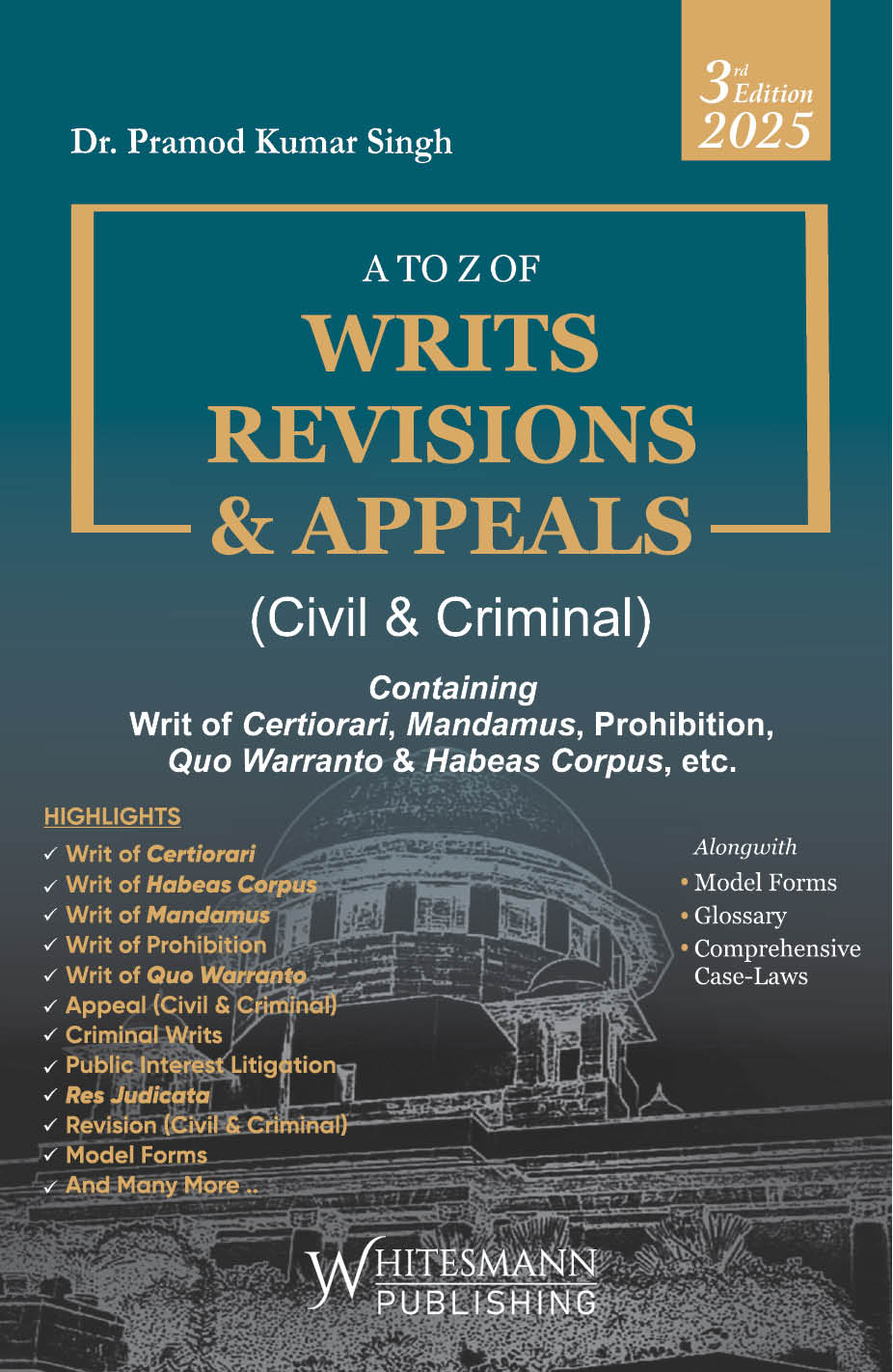

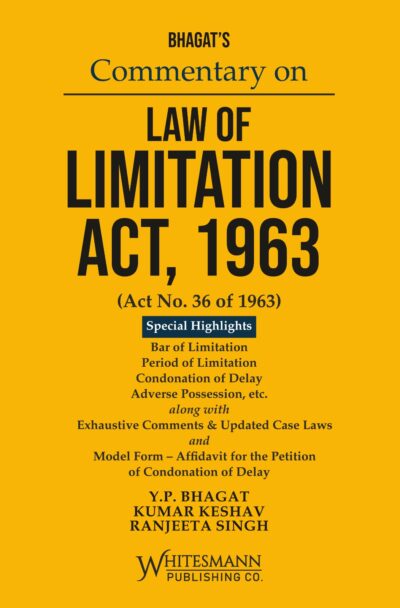
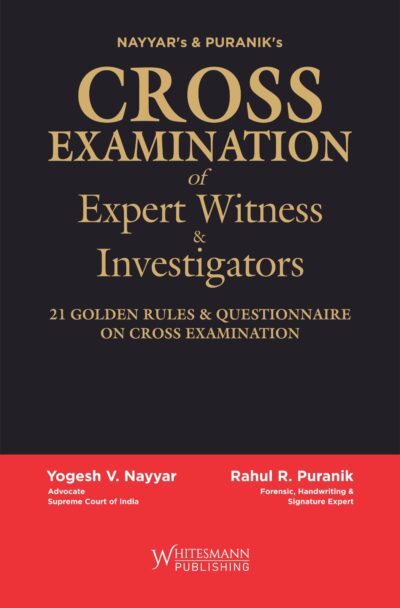
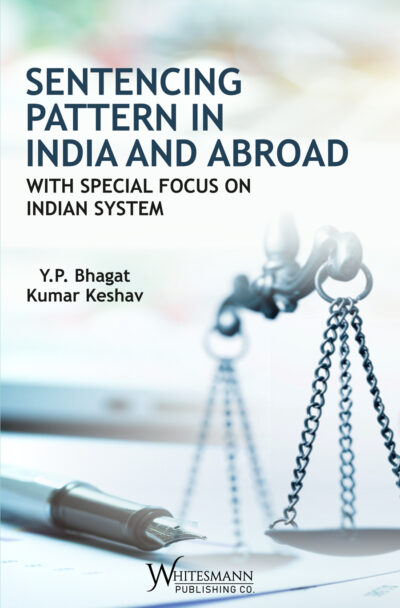
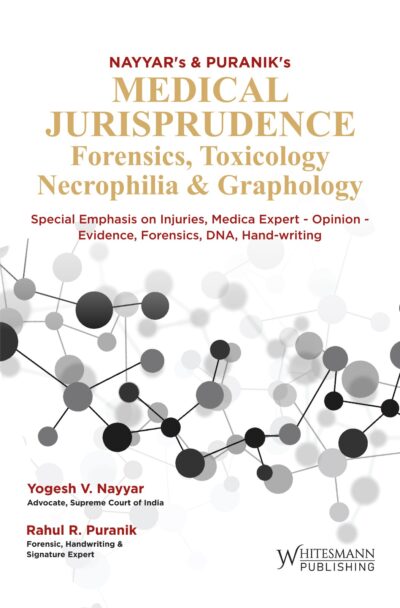
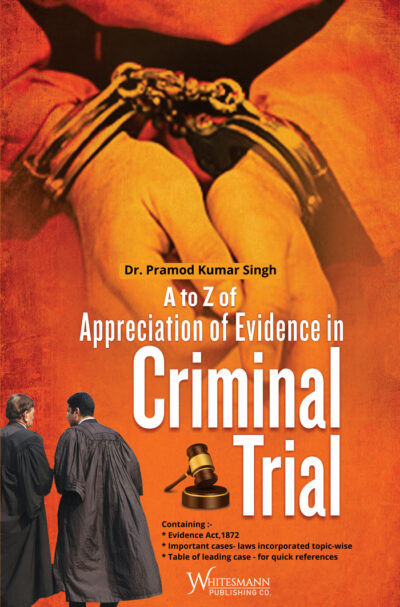
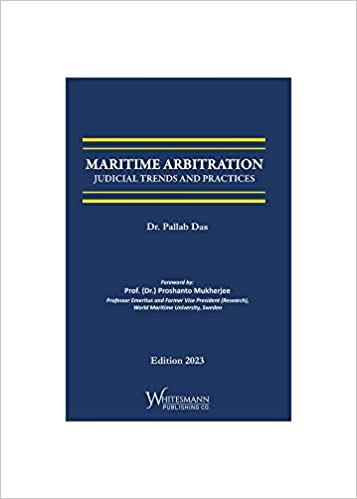

Reviews
There are no reviews yet.